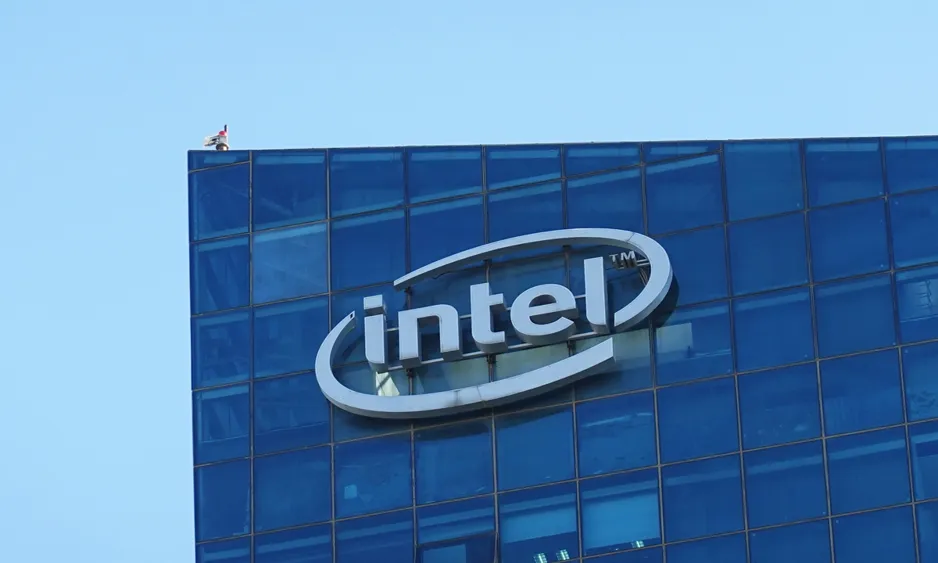White House Confirms US Talks for 10% Intel Stake Amid Trust Concerns

The White House has confirmed that the US government is exploring a possible acquisition of a 10 percent stake in semiconductor giant Intel, a move that has raised eyebrows in international markets, particularly in China. This initiative is part of broader efforts to enhance American competitiveness in the semiconductor sector.
Reports indicate that the Trump administration is negotiating this deal, marking a significant intervention in business operations. Officials believe acquiring a stake in Intel will help translate grants from the Chips and Science Act into viable equity.
US Commerce Secretary Howard Lutnick affirmed that discussions between the government and Intel Corp. are underway. He emphasized that while this potential stake deal could make the federal government Intel's largest shareholder, it would not provide governance or voting rights.
Chinese telecommunications expert Xiang Ligang highlighted the risks this situation poses for Intel's international reputation. With the government's involvement, there could be fears among global consumers about possible policy-driven restrictions or vulnerabilities linked to 'backdoors' in Intel's products.
Financial experts have expressed concerns that the need for a government intervention hints at a declining competitive edge for Intel. David Wagner, from Aptus Capital Advisors, posited that such actions suggest Intel's market position might be weaker than previously perceived.
The CHIPS Act has proposed substantial funding—up to $8.5 billion—aimed at advancing Intel's semiconductor projects in various states, including Arizona and Ohio. Further, Intel anticipates benefits from substantial investment tax credits and potential federal loans.
Xiang noted that the government's proposed investment indeed marks a strategic pivot from mere fiscal support to equity-based involvement, reflecting a shift towards fostering closer alignment between the US government and critical industry players.
The ramifications of this potential investment extend to broader geopolitical considerations, particularly regarding the US-China relationship. Media reports suggest that this strategy may allow the US to exert more control over production activities linked to China.
According to comments made by former US commerce official Mira Ricardel, the proposed government stake could enrich US oversight over Intel's operations, especially in terms of its dealings and compliance with Chinese regulations.
The backdrop of rising scrutiny comes as tech firms, such as Nvidia, are already facing intense review from Chinese regulators over security concerns. This pattern underscores the growing tension and regulatory challenges faced by companies operating across these significant markets.
Amid these developments, Lin Jian from the Chinese Foreign Ministry reiterated the importance of maintaining stable and smooth global supply chains, stressing that the US should take concrete steps to support uninterrupted industry operations.
Ultimately, Xiang assessed that the US is transitioning from an era of confidence into a period of uncertainty, cautioning that attempts at reshoring critical manufacturing may prove futile given the complex and interconnected nature of supply chains and the high costs relative to Asian competitors.
Read These Next

BaiOthay Signs Licensing Deal with STADA for Commercialization
Baibaotai and STADA signed a licensing deal for BAT1806 (Tocilizumab) in Europe, boosting both companies' market positions.

Maximizing Development Opportunities for Greater Potential and Advantage
China's reforms target economic growth, showing a 5.3% GDP rise and record exports, focusing on policy continuity and domestic demand.

COMEX Gold Futures Climb 099 to 339190 per Ounce August 21
COMEX silver futures rose 1.49% to $37.89/oz, reinforcing gold and silver as safe-haven assets amid economic uncertainty.
